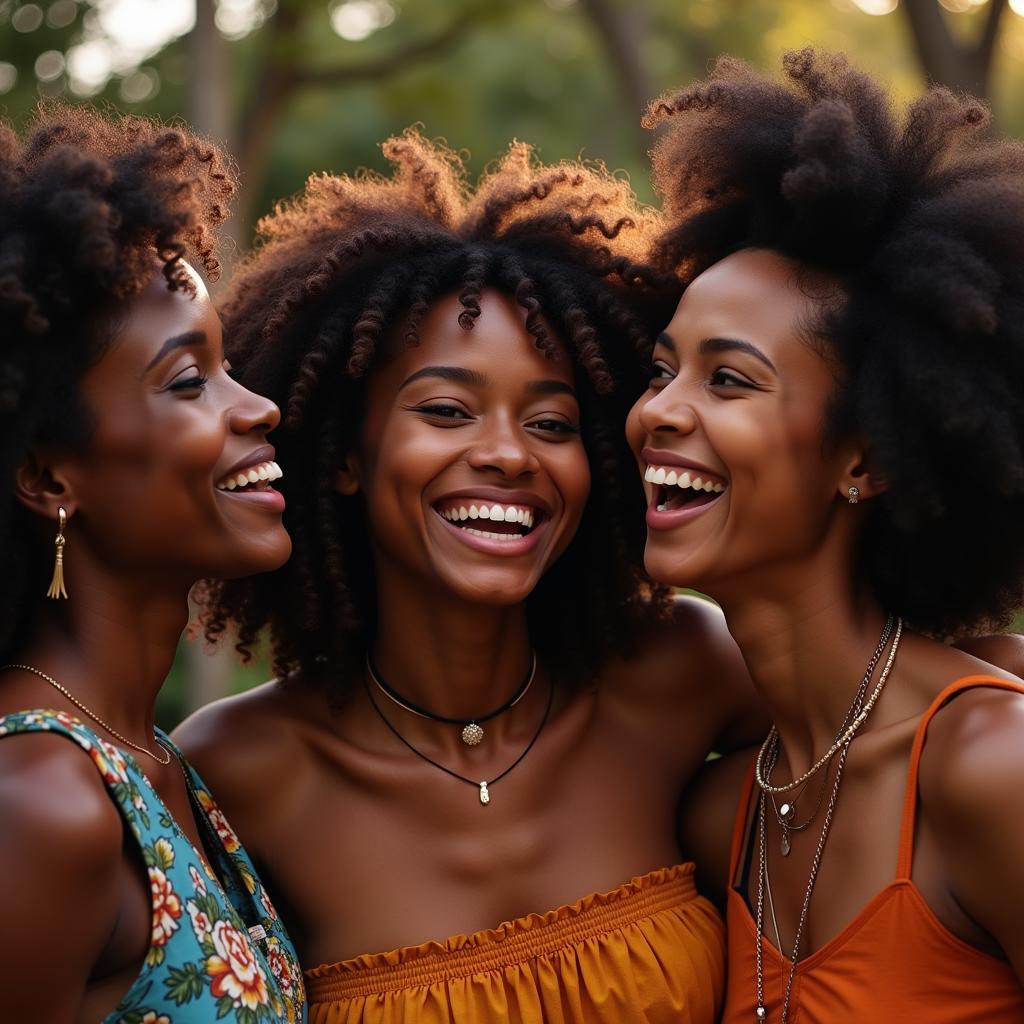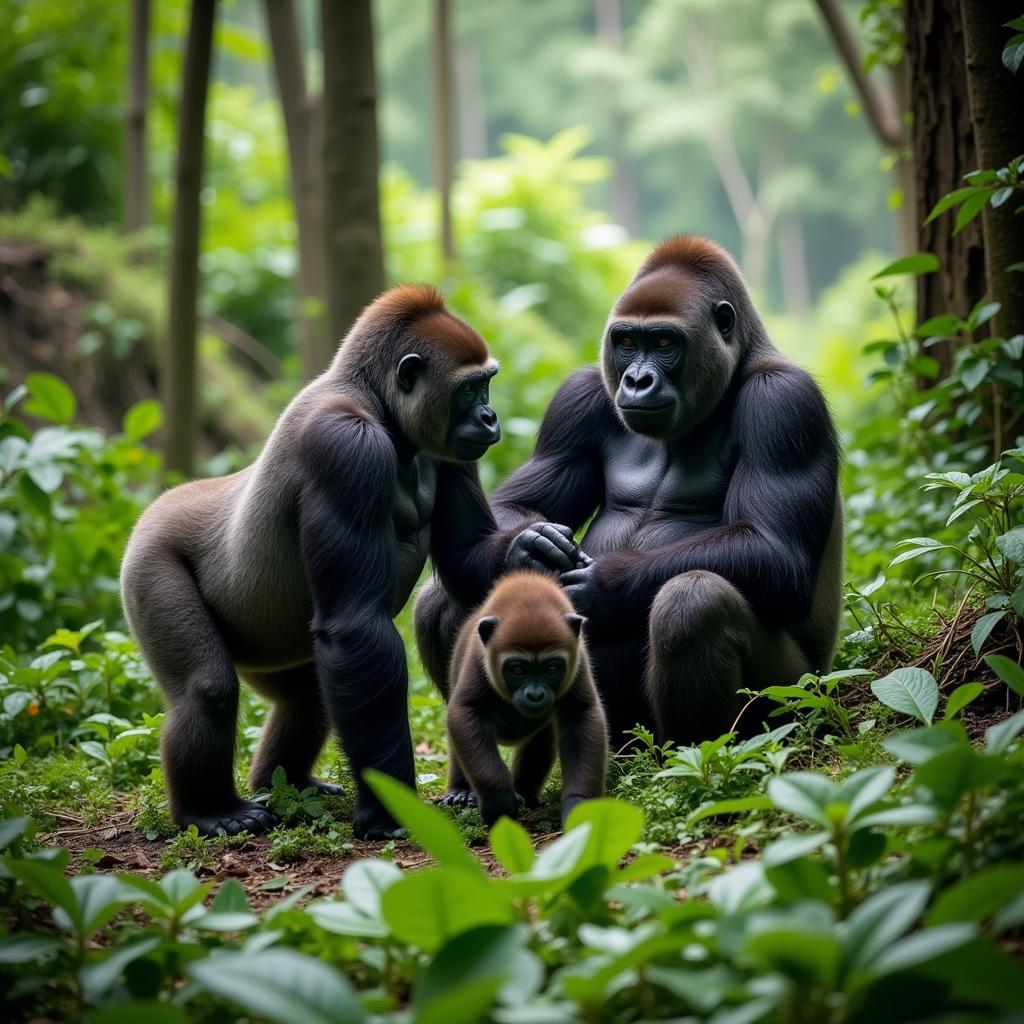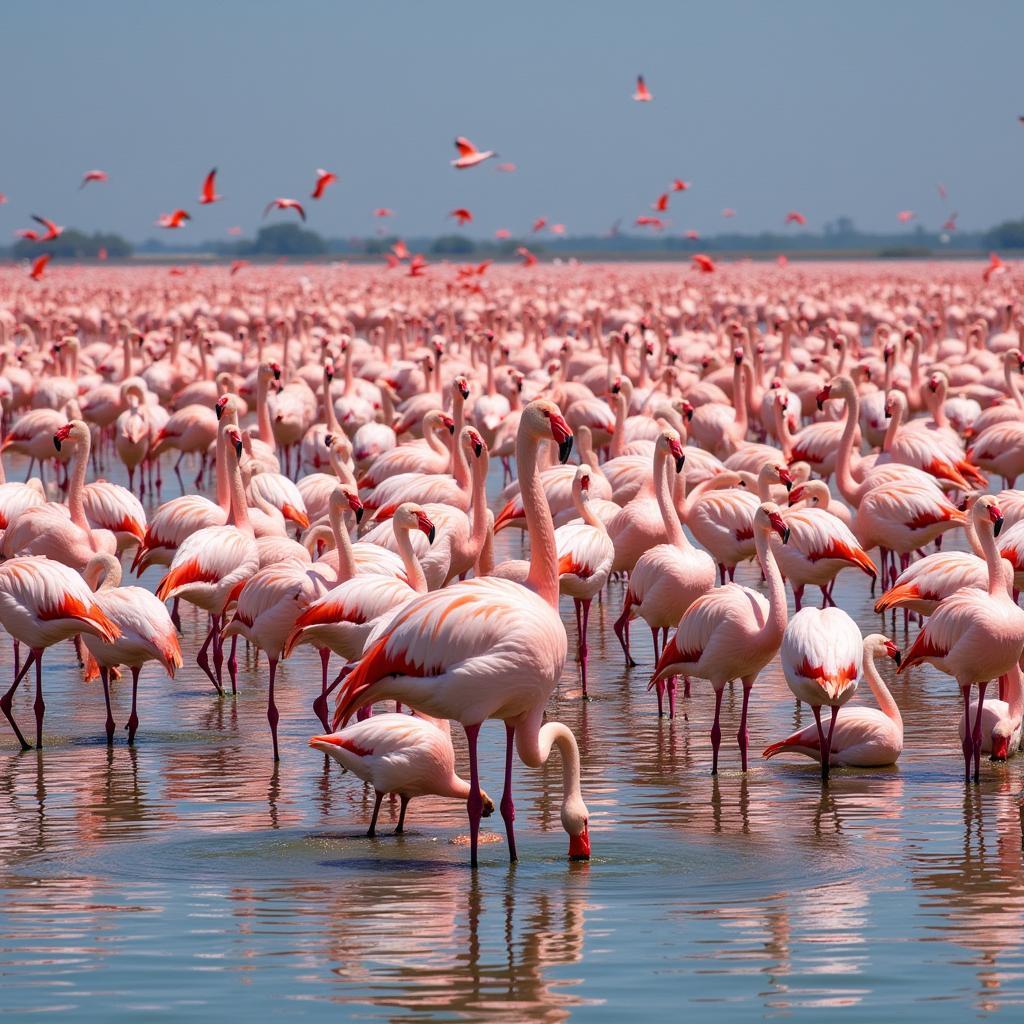Unmasking the African God of Destruction: Myths and Legends
The concept of an “African God Of Destruction” is complex and not easily defined by a single deity. African traditional religions are incredibly diverse, varying significantly across different ethnic groups and regions. Unlike some pantheons with clearly defined roles, many African deities hold multiple domains, blurring the lines between creation and destruction, life and death. So, searching for a single “African god of destruction” can be misleading.
African mythology often sees destruction as a necessary part of the cycle of life, a force used to cleanse and renew. Rather than representing pure malice, deities associated with destruction often embody balance, punishment, or even societal transformation. Let’s explore some key figures associated with destructive power across the continent, remembering that these interpretations can vary based on specific traditions.
Deities Associated with Destructive Forces
Several African deities are associated with destructive aspects, although rarely is destruction their sole purview. These deities often hold power over natural forces that can be both life-giving and destructive, such as storms, drought, or disease.
Yoruba Deities and the Power of Ogun
In the Yoruba pantheon, African god Ogun is a powerful example. He is often seen as the god of iron, war, and technology, but his power extends to both creation and destruction. Ogun’s association with iron and forging links him to both the creation of tools and weapons, symbolizing his dual nature. He is revered for his ability to clear paths both literally and metaphorically, removing obstacles through force if necessary.
Exploring the Nupe God of Thunder: Soko
The Nupe people of Nigeria revere Soko, a powerful god of thunder. While thunder can bring much-needed rain, it can also be a destructive force. Soko embodies this duality, representing both the life-giving and destructive aspects of nature. His power is both feared and respected, showcasing the complex relationship between humans and the natural world. This nuanced understanding is crucial when considering so-called “gods of destruction” in African mythology. They often represent the raw power of nature, a force that must be respected and appeased.
Beyond Destruction: The Role of Balance and Renewal
It’s crucial to understand that “destruction” in many African traditions is not synonymous with evil. Instead, it’s often viewed as a necessary component of the cycle of life, death, and rebirth. Deities associated with destruction might play a role in punishing wrongdoing, removing obstacles, or even facilitating societal transformation. For example, drought, while devastating, can also be seen as a force that cleanses the land and prepares it for new growth.
The Complex Nature of African Deities
Many African deities embody multiple aspects, and it’s rare to find a deity solely focused on destruction. Instead, these powers are often interwoven with other domains, such as creation, healing, or justice. This African binary thinking is often reflected in deities holding seemingly contradictory powers. It’s important to remember that reducing complex figures to simple labels like “god of destruction” can oversimplify their significance within their respective cultures.
Considering Murugu: A Kikuyu God of Oath and Vengeance
African god Murugu, a Kikuyu god associated with oaths and vengeance, provides another example. He embodies the power to punish those who break sacred vows, a destructive force used to maintain social order and justice. This demonstrates that deities linked with destruction often serve a crucial role in upholding moral and societal structures.
Understanding the Context: Beyond Simple Labels
The concept of an “African god of destruction” needs to be examined within the broader context of African spirituality. It is crucial to avoid imposing Western interpretations on complex belief systems. Rather than seeking a direct equivalent to figures from other pantheons, we should strive to understand the nuanced roles these deities play within their respective cultures. Explore further the African god of war and the African god of thunder to see how these powers intertwine with other aspects of life and spirituality.
In conclusion, the search for an “African god of destruction” requires a deeper understanding of African spirituality and the complex roles deities play within their respective cultures. Destruction is often viewed as a part of a larger cycle, a force of nature used for balance, renewal, and even justice. By exploring the nuances of these belief systems, we can gain a richer appreciation for the diverse and fascinating world of African mythology.
FAQ
-
Is there a single African god of destruction? No, African spiritualities are diverse, and the concept of destruction is often interwoven with other domains.
-
Why are some African deities associated with both creation and destruction? This reflects the interconnectedness of life and death, and the understanding that destruction can be a necessary part of renewal.
-
How do African traditions view destruction? It is often seen as a force of nature, used for balance, punishment, or societal transformation, not necessarily as purely evil.
-
What are some examples of African deities associated with destructive aspects? Ogun, Soko, and Murugu are a few examples, but their roles extend beyond just destruction.
-
Why is it important to understand the cultural context of these deities? To avoid misinterpretations and appreciate the nuanced roles they play within their respective traditions.
-
Where can I find more information on specific African deities? You can explore other articles on this website related to specific deities and pantheons.
-
Are there any resources for learning more about African mythology in general? Numerous books, articles, and online resources explore this rich and diverse subject.
When you need support, please contact us by Phone: +255768904061, Email: [email protected] Or visit our address: Mbarali DC Mawindi, Kangaga, Tanzania. We have a 24/7 customer service team.



